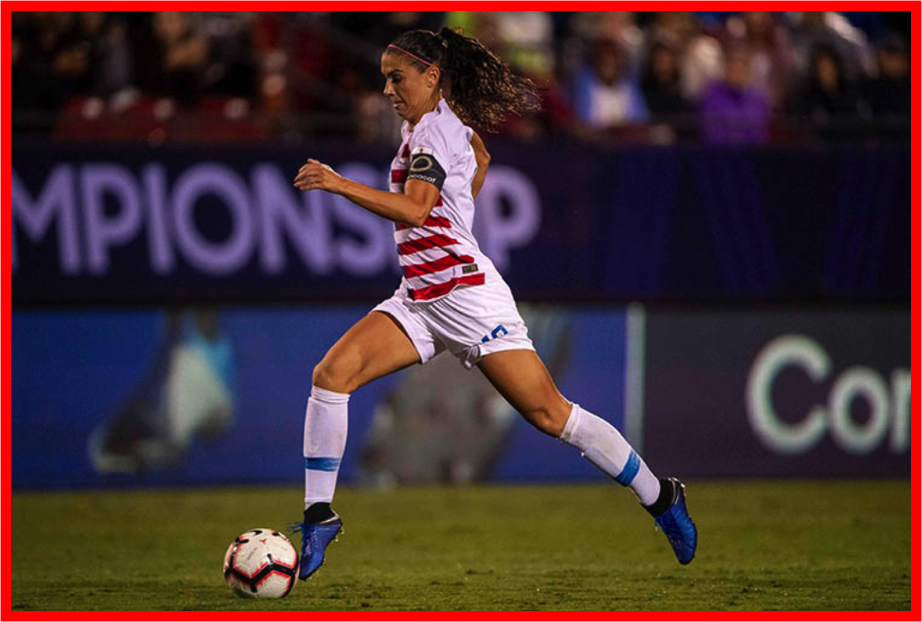“A man can work from sun to sun. But a woman’s work is never done,” penned author Jean Little.
Proving this poignant truth are women athletes in every sport from soccer and ice hockey to tennis players and elite runners.
Photo courtesy of news.berkeley.edu
Alex Morgan is part of the American team that brought home gold in the 2012 London Olympic Games and helped win both the 2015 and 2019 World Cups. She and her teammates are working on ending gender discrimination. “If we do our jobs,” Ms. Morgan told Time recently, “people will be captivated. This can be something greater and bigger than there’s ever been before.”
According to Newsweek, gender pay disparity issues persist across leagues and sports. Salary.com noted that male leagues often generate higher revenue. But, “even adjusting for revenue, we find that female athletes are still being short-changed.”
It’s an age where college athletes, particularly football players, may be compensated for their contribution to the bottom line. Professional women athletes should certainly have fair pay, as well. If professional sports or businesses do not act fairly, they open themselves to the kind of criticism we see in the media.
The New York Times recently wrote about elite runners Alysia Montaño and Lauren Fleshman. They are working towards a better future for female athletes, too. They have chosen to spend their careers tackling important issues. These issues are centered around obstacles today’s women face in their professional careers such as maternity rights and the wage gap.
The Parent Trap
While sponsors accommodate athletes with time off for injuries, they don’t consider the time it takes to have a child.
The six-time USA Outdoor champion. Ms. Montano recently turned Nike’s ad rhetoric against her former sponsor in an opinion piece in the New York Times, “Nike Told Me to Dream Crazy, Until I Wanted a Baby.”
Phoebe Wright, a runner sponsored by Nike from 2010 to 2016, argues that “women do not race pregnant for themselves. They do it so they can put food on the table.”
Furthermore, top athletes do receive health insurance from The United States Olympic Committee and U.S.A. Track & Field. However, if women do not place at the top in the nation’s most competitive races, their insurance can be taken away according to the New York Times. Ms. Montaño and Olympian Kara Goucher “lost their health insurance because they were unable to compete at that level while having their children.”
Paternity Leave
In addition to the issues regarding female athletes with children are questions centered around paternity leave. One current example of a father in the workplace is Alexis Ohanian, tennis star Serena William’s husband. “Unlike most men in the U.S., I had access to — and unapologetically took — the full 16 weeks of paid parental leave offered” by his company, Reddit.
Ultimately, Mr. Ohanian has been advocating for “six months of federally-mandated paid family leave for every American.” This is a goal that he believes is in the realm of possibility and completely obtainable.
However, the U.S. remains an outlier. Out of 41 nations, we are the only country that doesn’t require companies to provide paid leave for new parents. This, according to data compiled by the Organization for Economic Cooperation and Development.
As a famous American woman tennis player, Billie Jean King once said, “Champions keep playing until they get it right.”


